Using Econ 101 to Make Better Choices
Many people think that economics is about studying money and maximizing profit. I see it as a way of thinking. Although economics may seem to be all about money on the surface, it is in fact a human-based subject that connects to, among other fields, politics, psychology, philosophy, and mathematics. Grocery shopping, the recent stock market correction, and President Trump’s war on trade deficit can all be made clear by micro and macro economics. Economics helps explain how the world works, not how it should work. From informing people to make sound choices to guiding our global economy, economics is an intellectual discipline that sheds new light on the world around us.
The core of Economics 101 (Principles of Microeconomics), an introductory course in economics, focuses on the theory of choice. One component of the course relates to the economic decisions of individual people. I strongly recommend you taking it at some point in your life because it could shape your decision-making process and blow your mind.
I tried thinking like a microeconomist on my way to visit colleges. I was planning the trip from Philly to New York with my parents to visit NYU after Penn. There were three primary travel options: Uber, Amtrak, and a Delta flight. I had to make a choice. Economics is about decision-making and people often have to make tough choices between scarce resources. Applying basic economic principles, I did a cost-benefit analysis to discover the optimal travel option. The price of an Uber was $170 dollars and it would take 120 minutes for the trip; Amtrak cost $58 per person for a 90-minute train ride; a Delta flight ticket costs $233 per person with a flight time around 60 minutes. For clarity, I summarized each transportation’s expenses in a 2×3 table:

+ sign indicates the extra time it takes to travel to or from the train station or airport.
Time and price are certainly not the only factors I considered in my economics-based decision. There were non-monetary costs including how comfortable I would be sitting in a sedan, a train seat, or a plane seat, how safe the transportation would be, and how much space I would have. Clearly, the airplane option was eliminated simply because of its high ticket price and the associated expense of traveling to/from the airport, ticketing procedures, and possible flight delay or cancellation. All of these costs exceeded the benefit rendered by the flight’s shorter duration. Choosing between Uber and Amtrak was more difficult.
No choice is perfect; sometimes, you have to sacrifice one thing over another, which reflects opportunity costs and trade-offs, core elements of economics. The benefit of the train was its comfort, creating a nice space for my parents and me to chat. Its costs were the time and money of traveling from our hotel to 30th Street Station and from Penn Station to NYU. On the other hand, Uber could directly take us from the hotel to our destination, which would reduce the additional costs and allow us to be proactive in the trip.
Another factor in our decision-making process was my contact with a former cab driver. For $170, he could drive us to NY at a price lower than what I would have to pay for an Uber usually but higher than what he would earn from that same ride through the app. In this way, I could pay less and enable him to make a greater profit. This illustrated a perfect example of economic incentives. People respond to factors that alter the buying behaviors of consumers. One real-life example of this concept is tax relief for hybrid cars. The contact between the cab driver and me also reveals how trade can be mutually beneficial. We eventually opted for car service over the train, valuing efficiency and devaluing comfort.
Though this process seems tedious, all of us do cost-benefit analyses intuitively. They guide the way we make choices. Economics applies to almost every situation. The same principles are used in everything from the decision between going to a party and studying for a test to the choice between lowering interest rates to fight inflation and boosting interest rates to promote business activities. Every intellectual discipline provides a new way of thinking and economics is no exception.
References:
https://www.ondmc.com/news/myths-related-to-the-study-of-economics-13357
http://www.bradford-delong.com/2017/07/how-to-think-like-an-economist-if-that-is-you-wish-to.html
https://www.spencertom.com/2011/11/23/mankiws-10-principles-of-economics/#.Woypp2aZM0p
https://mrsiderer.files.wordpress.com/2017/03/economics-shouldn_t-be-an-elective-wsj.pdf
https://www.forbes.com/sites/markhendrickson/2017/04/03/the-inestimable-importance-of-econ-101/#3acada5c4890
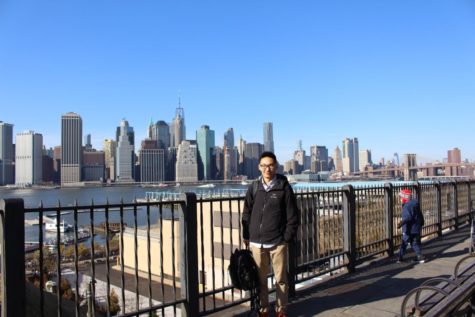
Haoran Zhu
Class of 2018
Honest writer interested in economics and business

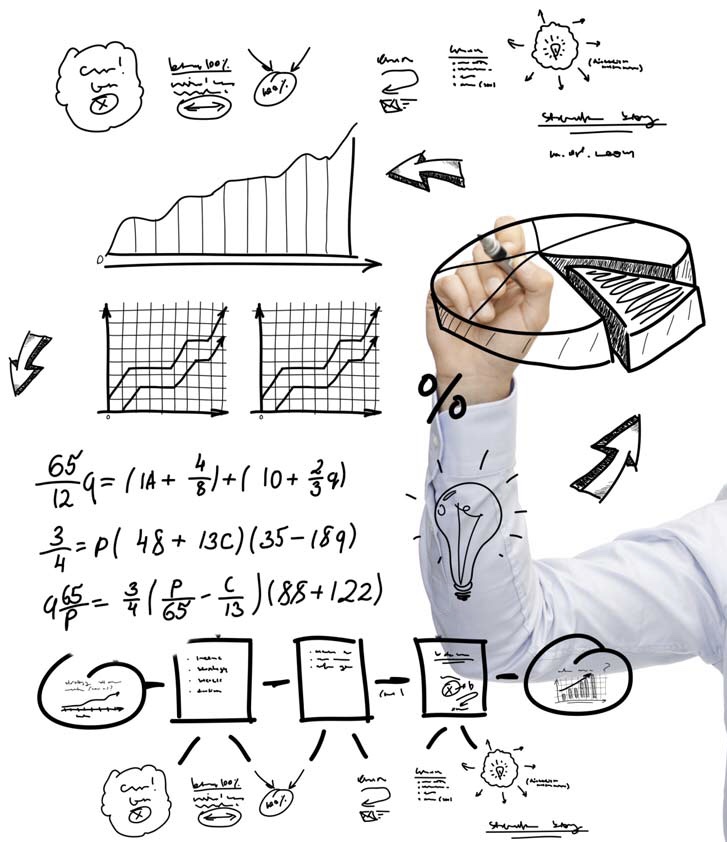

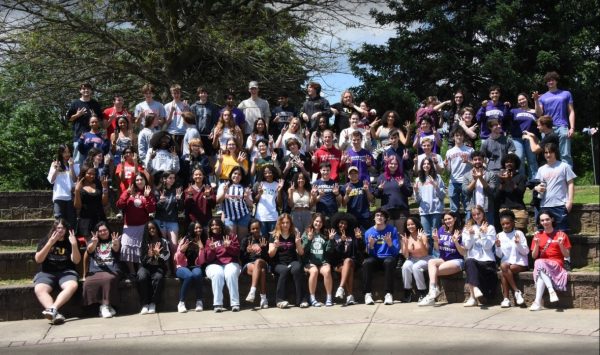



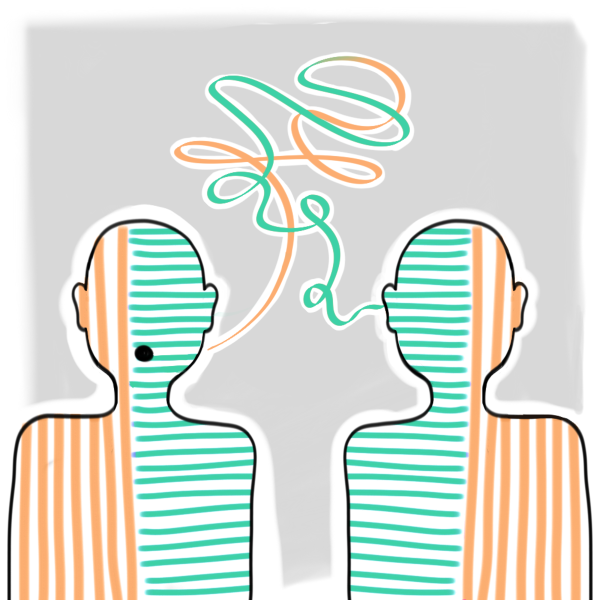
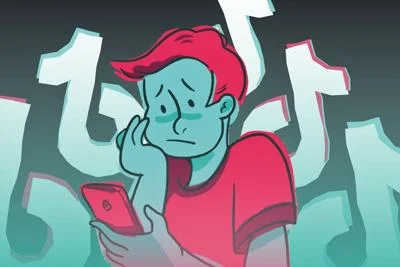

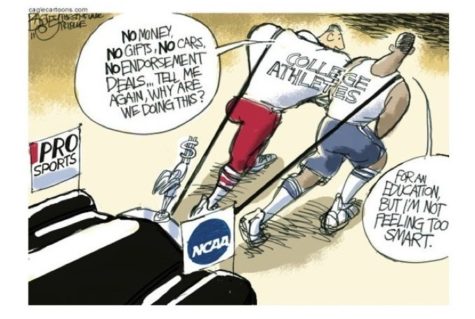
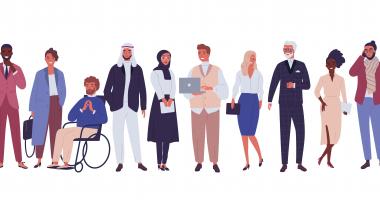
Scout Crooke • Mar 20, 2018 at 6:55 pm
This article is very interesting and insightful. I really agree with the fact that economics affect our decisions. As for myself, I struggle to make decisions quickly because I always think a lot about the different components of each choice that I would make. For example, I am horrible at quickly deciding what I want to eat at a restaurant because there are so many components that I consider before I can make a choice and sometimes there is a lot of missing information that makes the choice even harder. In addition to my indecisiveness, I would also consider myself to be someone who likes to spend their money wisely as well as spend as little money as possible. Therefore, I really enjoyed reading this article because it felt relatable to me, as well as informational. This article also reminds me about the article that I wrote about excessive spending at the Beestro and how just spending a little money everyday can add up over time to more money than we may think. In particular, when people make the decisions to buy goods at the Bistro everyday, or however often they do, they may or may not be considering how efficient and expensive their spendings are. For example, as an alternative to not buying anything at the Beestro, you could go to a store and buy the snacks that you like in bulk and then bring a snack to school each day so that you can potential save money. Therefore, I think that cost-benefit analyses are great and are very useful to make better choices.
Kevin • Mar 8, 2018 at 7:04 pm
Good. Critical mind.